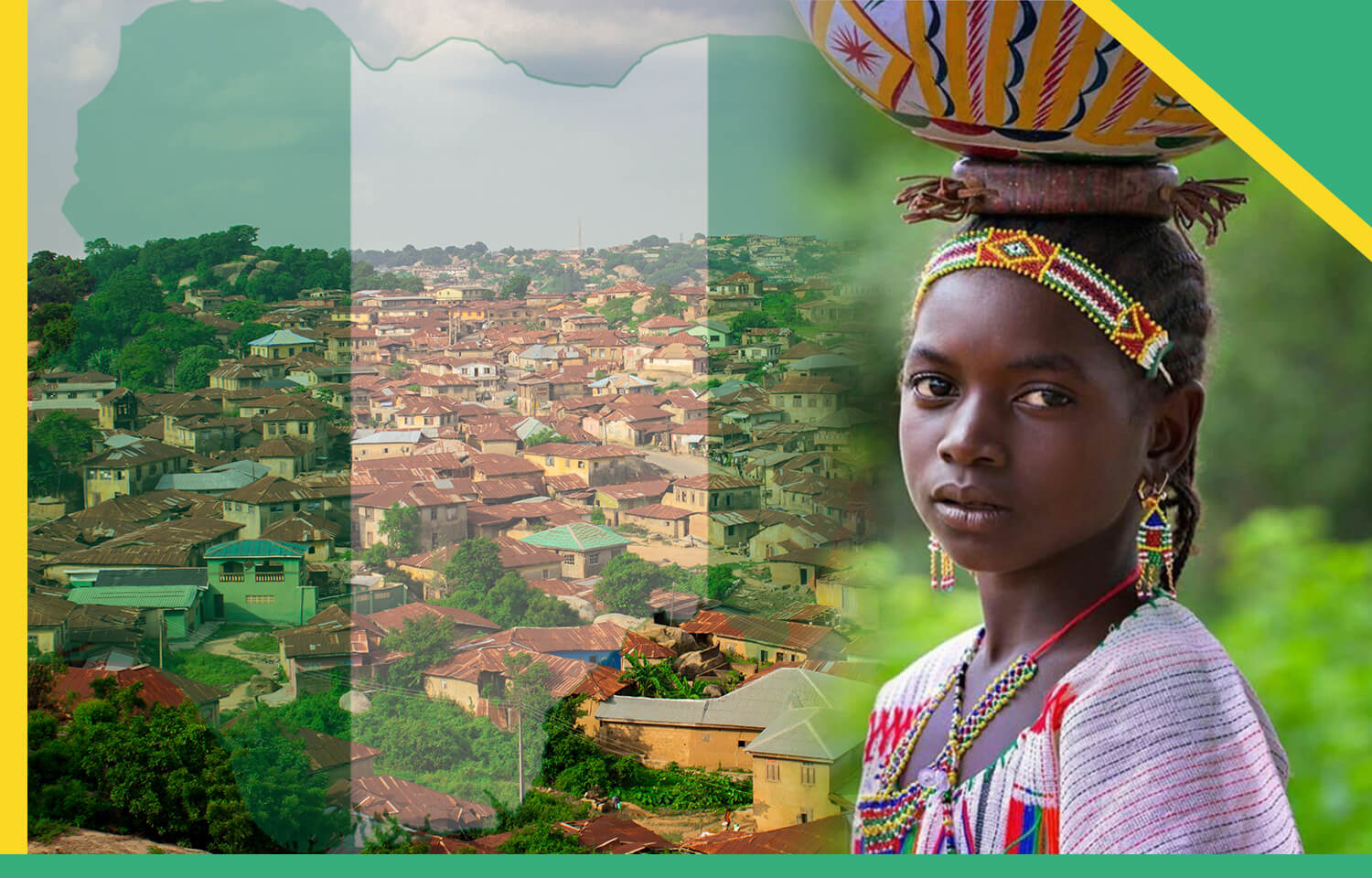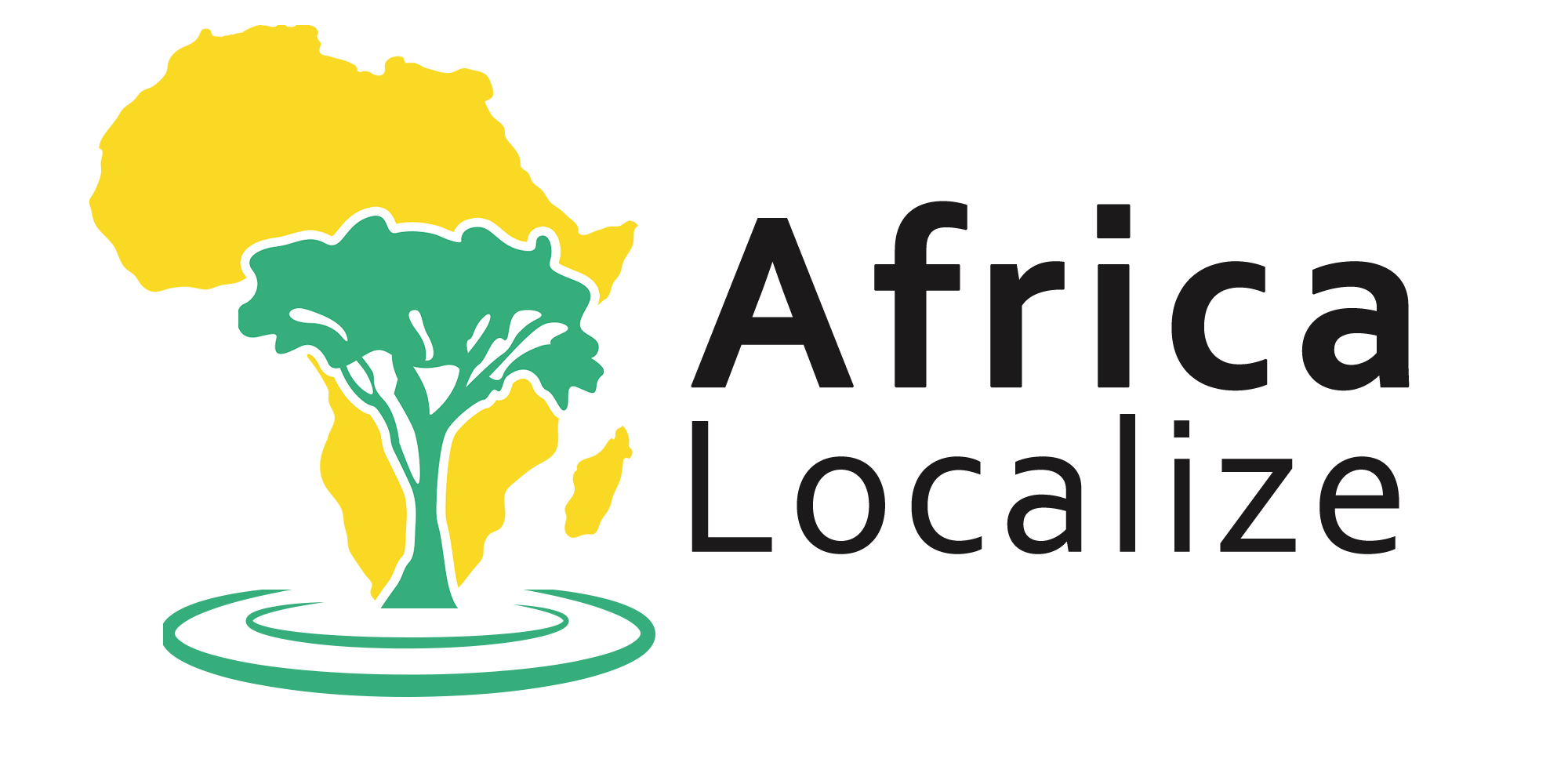What are the languages spoken in Nigeria?

Nigeria is known as the Giant of Africa. It was formed in 1914 and gained its independence in 1960.
It is considered the largest country in Africa by population as it has 211 million inhabitants.
Nigeria is rich in culture, resources, and many other things that make this country a great destination for both running a business and having a great vacation.
The weather in Nigeria is warm all year long so it is a great place to visit if you live in a cold country.
This country is very diverse in languages, it has over 500 different languages and dialects.
We’ll learn the official language of Nigeria and what are the other top 5 spoken in the country.
5 Facts about Nigeria
Nigeria is a fascinating country with various attractions and resources.
- Nigeria got its name from the neighboring country “Niger”.
- Nigeria gained its independence in 1960.
- The largest city in Nigeria is “Lagos”.
- A Nigerian “Wole Soyinka” was the first African to win the Nobel Prize for Literature in 1986.
- Nollywood is more significant than Hollywood.
Official Language of Nigeria
Nigeria is a diverse country regarding languages as it has more than 500 languages spoken by different ethnic groups.
It will surprise many people with little knowledge about Nigeria, that “English” is the official language in the country.
There was a very interesting reason why English is the first language of all Nigerian and not any other ethnic language from the 500+ spoken languages in the nation.
After the independence of Nigeria in 1960, the parliament had a very hard time deciding which language to be used as an official language.
This was due to the fact that none of the ethnic groups wanted to use another language as their first language.
So it was decided for English to be used as the country’s first language to appease all the groups in the nation.
Top 5 Languages in Nigeria
1. Hausa
Hausa is spoken by 15 million people in Nigeria. It is mainly used by the Muslim population.
It used the Arabic writing system in the old times but currently, it uses the Latin writing system instead.
2. Igbo
Igbo is spoken by more than 24 million people in Nigeria. Igbo has an older writing system called “Nsibiri”.
Currently, Igbo uses Latin writing due to colonization. It is also used in other countries such as Cameroon and Equatorial Guinea.
3. Yoruba
Yoruba is spoken by 19 million of the Nigerian population. It is an international language of Nigerian immigrants in the USA and the UK.
The Yoruba ethnic group is considered to be one of the largest groups in Nigeria.
Yoruba writing system used to be a variation of Arabic Script called Ajami and currently uses a variation of the Latin alphabet.
4. Fulfulde
Fulfulde, also known as “Fulani”, is spoken by 1.7 million people in Nigeria.
It is mostly used by the Fulani tribe. Like most other Nigerian languages, Fulfulde used the Ajami writing system in the old times.
Currently, it uses the Latin script.
5. Kanuri
Kanuri is spoken by over 4 million of the population of Nigeria.
Like other Nigerian Languages, Its writing system was the Ajami script. But right now it uses the Latin script like the other languages.
Frequently Asked Questions about “What are the languages spoken in Nigeria?”
Conclusion
Nigeria is quite diverse and rich. It has the biggest population in Africa.
It is a great country to expand your business into due to the great workforce and the diversity of the people there.
The languages spoken in Nigeria will aid you in reaching other neighboring countries due to the similarities in the languages.
